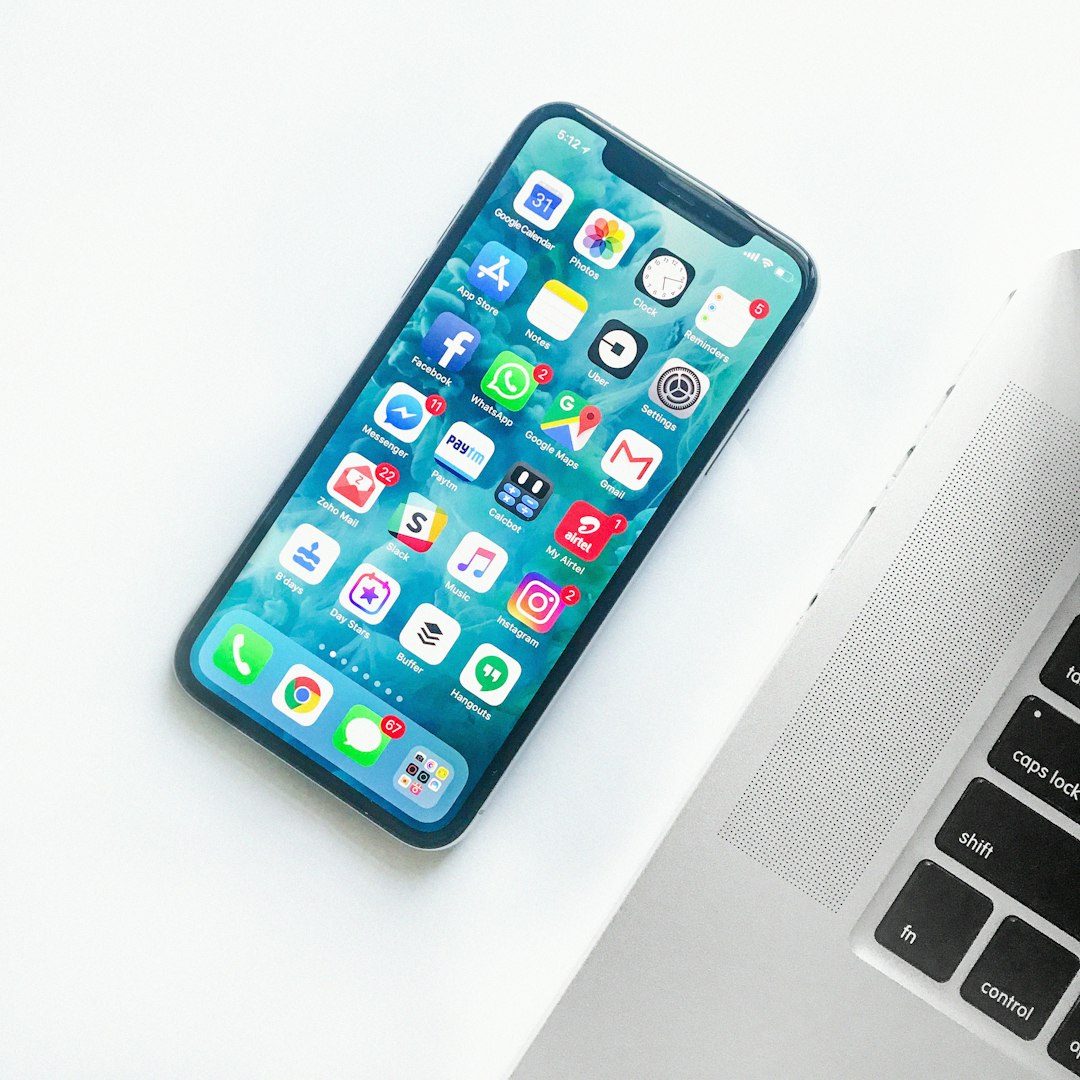In New York, both state and federal laws protect consumers from unwanted robocalls through the Telephone Consumer Protection Act (TCPA) and the Telephone Consumer Protection Law (TCPL). If facing persistent robocalls, consulting an autodialer lawyer specializing in these laws is crucial. These attorneys help defend your rights and secure financial remedies against offending businesses. They critically evaluate cases, communicate transparently, document complaints, and navigate complex legal landscapes to ensure compliance and privacy. By utilizing keywords like autodialer Lawyer New York, consumers can find specialized legal representation to address robocall issues effectively.
Understanding New York's Laws Against Robocalls
In New York, robocalls are regulated by state and federal laws designed to protect consumers from unwanted and intrusive automated phone calls. The Telephone Consumer Protection Act (TCPA) and New York’s own Telephone Consumer Protection Law (TCPL) govern how businesses can contact consumers via telephone. Specifically, these laws prohibit the use of an autodialer or prerecorded messages without prior express consent from the recipient.
If you’re a resident of New York and facing relentless robocalls, it’s important to know that there are legal avenues available to address this issue. An experienced autodialer lawyer in New York can help navigate these complex laws to ensure your rights are protected. There are strict penalties for businesses that violate the TCPA and TCPL, which can result in substantial financial remedies for consumers who have suffered harassment or invasion of privacy due to robocalls.
Assessing Validity: Is the Complaint Legitimate?
When addressing consumer complaints about robocalls in New York, assessing the validity of each complaint is a crucial first step. As an autodialer lawyer or attorney in New York, understanding whether the issue stems from a legitimate source is essential. Consumers may encounter automated calls for various reasons, not all of which constitute illegal practices. Some calls might be correctly targeted marketing efforts, while others could be accidental or resulting from system errors.
Your role as an autodialer attorney or law firm in New York is to sift through these variations and determine if the complaint aligns with legal frameworks, such as the Telephone Consumer Protection Act (TCPA). This involves examining call records, understanding the technology involved, and clarifying the consumer’s expectations. Legitimate complaints will often include specific details like incorrect numbers, repeated calls, or unwanted marketing messages. With a thorough assessment, you can effectively guide clients on appropriate legal courses of action against autodialer services providers.
Effective Communication Strategies for Response
When responding to consumer complaints about robocalls in NY, clear and empathetic communication is key. As an autodialer lawyer or attorney in New York, your approach should acknowledge the client’s frustration while maintaining a professional tone. Start by actively listening to their concerns and validating their experience; a simple “I understand your frustration” can go a long way. Then, provide specific details on how you intend to address the issue, whether it involves reaching out to the autodialer law firm or relevant authorities.
Ensure your response is tailored to each client’s situation. For instance, if the complaint pertains to unauthorized calls, explain the legal steps you’ll take to stop such activity and protect their privacy. Use straightforward language and avoid jargon; clarity helps build trust. Offer regular updates on the progress of the case, demonstrating transparency and accountability as a lawyer or attorney in New York dedicated to protecting consumer rights regarding robocalls.
Documenting and Recording Interactions with Consumers
When handling consumer complaints about robocalls in New York, proper documentation and recording of interactions are paramount. This involves meticulously noting down details of each call, including dates, times, the nature of the complaint, and any specific information provided by the caller. Such records serve as a robust reference for future legal actions or internal process improvements.
In New York, where autodialer laws are stringent, having detailed documentation can significantly aid an autodialer lawyer or attorney in building a solid case. This data can help identify patterns, substantiate claims, and demonstrate non-compliance with regulations. Recording interactions, if permitted by law and with the consumer’s consent, can also provide concrete evidence to support legal arguments, making it an invaluable resource for both consumers and autodialer attorneys in New York.






